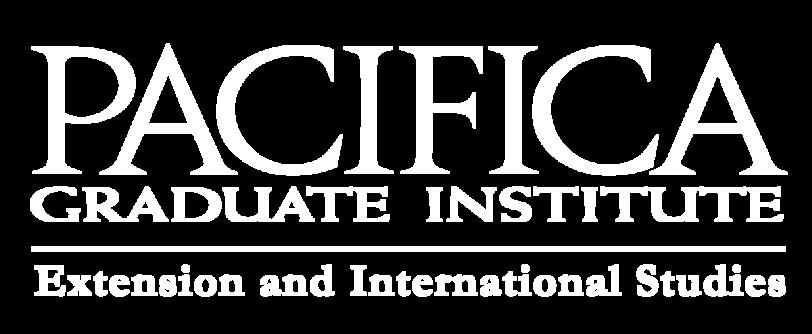
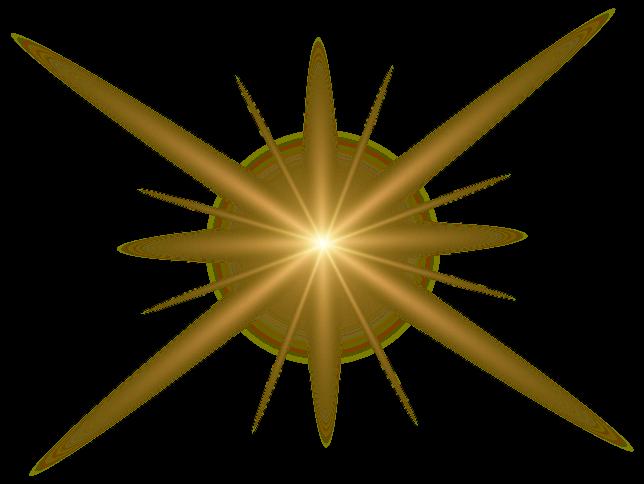



“We dull the imagination when we teach only for competence. The soul does not thrive on skills; it thrives on images.”
—James Hillman, The Soul’s Code






“We dull the imagination when we teach only for competence. The soul does not thrive on skills; it thrives on images.”
—James Hillman, The Soul’s Code
Dear Friends,
We live in a historical moment where the value of higher education is being defined by some in purely transactional terms. Now, more than ever, Pacifica’s legacy of prioritizing soul, cultivating imagination and understanding career as calling, offers a more illuminated way forward in not only building a career, but responding to the unique challenges of the 21 century. st
These are exciting times to be part of the growing community of learners and leaders, authors and artists, scholars and practitioners who are Pacifica Extension. I am thrilled to introduce the many new pathways to Pacifica that our forward-thinking programs offer you. Please take a look at our newly designed microcredentials that offer you CEs as well as digital badges to highlight your educational accomplishments. Our innovative graduate certificate courses connect you with Pacifica faculty and world-recognized scholars who are shaping the trajectory of depth psychology and offer you the chance to learn with an international community of depth oriented scholar/practitioners from around the globe.
At Pacifica Extension, our heart is to connect you with the most forwardthinking, soul-centered, depth-oriented educators from Pacifica and around the world who will awaken your imagination and encourage, equip and challenge you to live out your unique calling in a world that desperately needs it.
Thank you for being a part of the Pacifica Extension Community. I look forward to seeing you on-line or on-campus in the coming year,
Loralee M. Scott, MFA
Pacifica Vice President of Institutional Advancement and Lifelong Learning



JoinaGlobalCommunityofLearnerswithPacificaExtension
UNMATCHEDAFFORDABILITY
AccesstomultipleCEofferingwebinars.
LearnfromPacificafacultyandglobally recognizeddepthscholarswhoareblazing newtrailswithinnovativeapplicationsof depthpsychologicalprincipalsandtheories.
ACADEMICEXCELLENCE
Eachcourseisdesignedtoproviderigorous, meaningfulinsightsyoucanapplytoyour personalandprofessionallife.
CONTINUINGEDUCATIONCREDITS
EarnCEhourswhileimmersedintopicsthat engageyourmind,heart,andsoul. Benefitsinclude:


AuthorSpotlights
PacificaintheWorldWebinarSeries UnlimitedAccesstoMembersOnly VideoLibrary
ALL4-WeekWebinarSeriesjust$39!
20%DiscountonALLCertificate Courses
20%DiscountonALLon-campus Conferences
INSIGHTS-membership-exclusive quarterlymagazine



“ Participating in the Certificate has helped me to move forward in my life and with my professional goals in a number of exciting ways. It allowed me to integrate my education within my profession and include more of the things I am passionate about.”
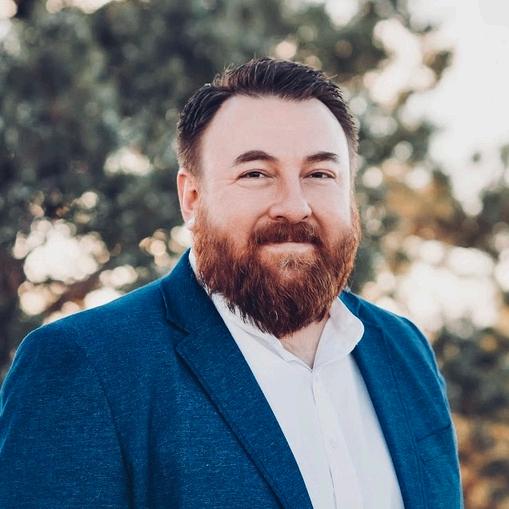
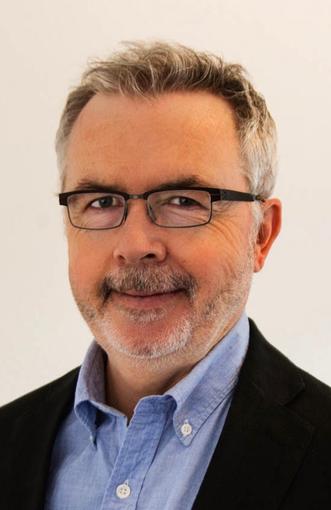
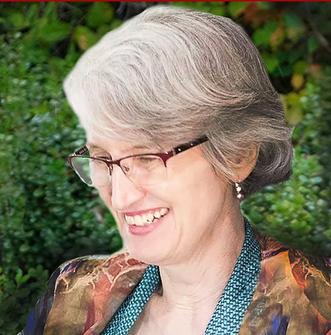
January 8th - March 26 , 2026 (Thursdays) nd
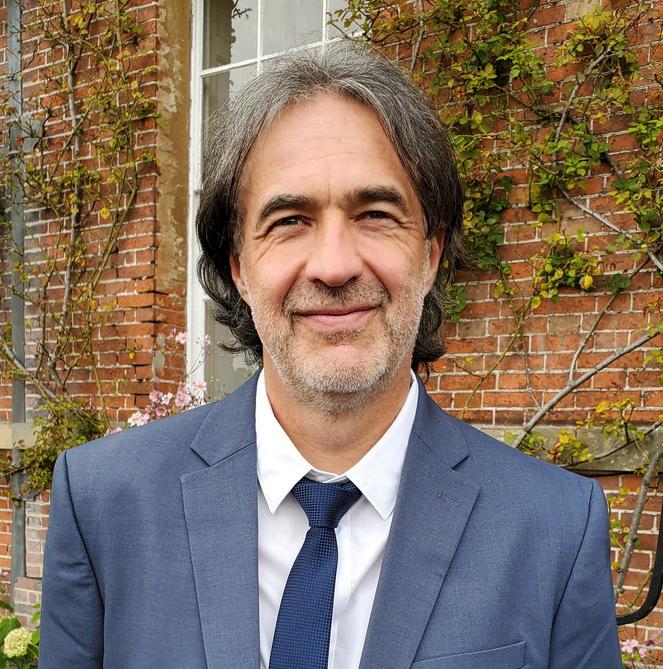
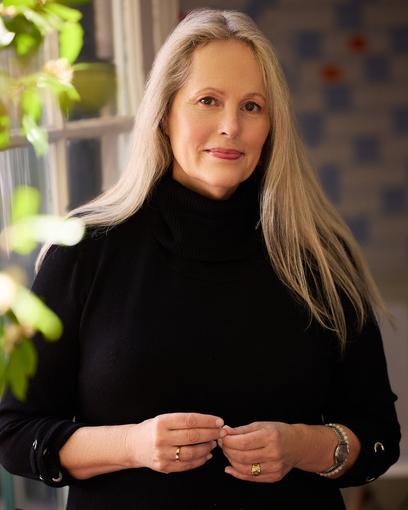
Depth Psychology in the 21st Century explores the foundational principles of depth psychology while demonstrating its urgent relevance to the challenges of contemporary culture. In contrast to "evidencebased" psychological theory and practice that constrain psychological life to only that which can be physically observed and statistically measured, depth psychology values the full spectrum of psychological experience as vital to human wholeness and wellbeing. This more expansive view of the psyche includes immeasurable realities like consciousness, meaning, imagination, love, spirituality, creativity, and beauty.
This course introduces key concepts of Depth Psychology based on the work of C. G. Jung such as the unconscious, archetypes, complexes, individuation, and psychological types.
Learn More & Register Here!



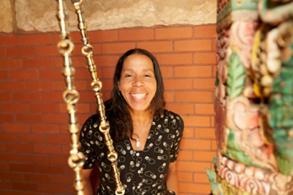


Contextualized within modern cultural, social, and ecological challenges and emergent understandings of sustainable living and mental health, students will engage with Jungian and post-Jungian perspectives—including feminist, decolonial, and indigenous revisions. The curriculum emphasizes depth psychology as both a psychological methodology and a living, evolving framework essential for understanding personal and collective transformation in our rapidly changing world.
January 8th - March 26th, 2026
Number of Classes: 12 live Classes, 11 Prerecorded presentations
Class Time: Thursdays, 12:00 – 1:30pm PT or 5:00 – 6:30pm. All Sessions are Pacific Time.
CECs: 14





January 26th - May 1st, 2026

Mary-Jayne
Rust
Ecopsychology has the distinct advantage of combining four perspectives from four internationally renowned authors, educators, and transformational leaders in the fields of Ecopsychology and Ecotherapy. Ecopsychology brings ecology and psychology together to create novel and exciting approaches to the urgent needs of our time. Although its most visible face is the practice of Ecotherapy, which emphasizes the synergy between human wellbeing and the health of the planet, a number of other avenues have been developed, including those involving depth-psychological, multicultural, transpersonal, community, and liberatory engagement with earthly places, thereby cultivating personal and cultural transformation. We will also explore Ecopsychology as a socially and philosophically radical project that integrates psychology and ecology by questioning much of the conventional thought and

practice currently found in these two arenas. This Certificate is designed as an overview offering a range of concepts, techniques, and strategies by surveying a number of key approaches to Ecopsychology. It will be of interest to everyone—clinicians, coaches, activists, and curious others looking for a more holistic and engaged way forward.
Assignments include indoor and outdoor exercises designed to deepen learning and enrich nature connection.
January 26th - May 1st, 2026
Number of Classes: 15 live Classes
12 Pre-recorded presentations
Class Time: Various
All Sessions are Pacific Time.
CECs: 13
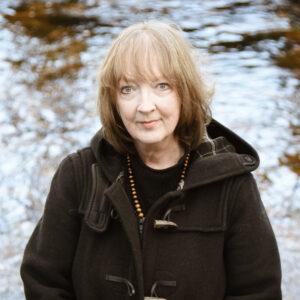
With best-selling author
Sharon Blackie, PhD
February 11th - Sep. 9th, 2026 (Wednesdays)
Study directly with bestselling author and psychologist
Sharon Blackie, PhD, in this eight-module Graduate Certificate in Celtic Mythology Explore the rich mythic landscapes of Ireland and Wales through the lens of Depth Psychology where ancient stories of gods, heroes, and the Otherworld illuminate the living psyche and the ecological imagination of our time
Although many of the mythical beings in Celtic traditions – The Morrigan, Brigit, Lugh, Fionn Mac Cumhaill, the Tuatha Dé Danann and the fairy-folk – have long loomed large in the world’s imagination, the rich and complex context from which they spring is poorly known and often misunderstood This Graduate Certificate in Celtic Mythology will provide an extensive and up-to-date introduction to the mythology and folk traditions of the ‘insular Celts’ – the inhabitants of the British Isles and Ireland We’ll explore their relevance both to our lives today and to the practice of Depth Psychology.

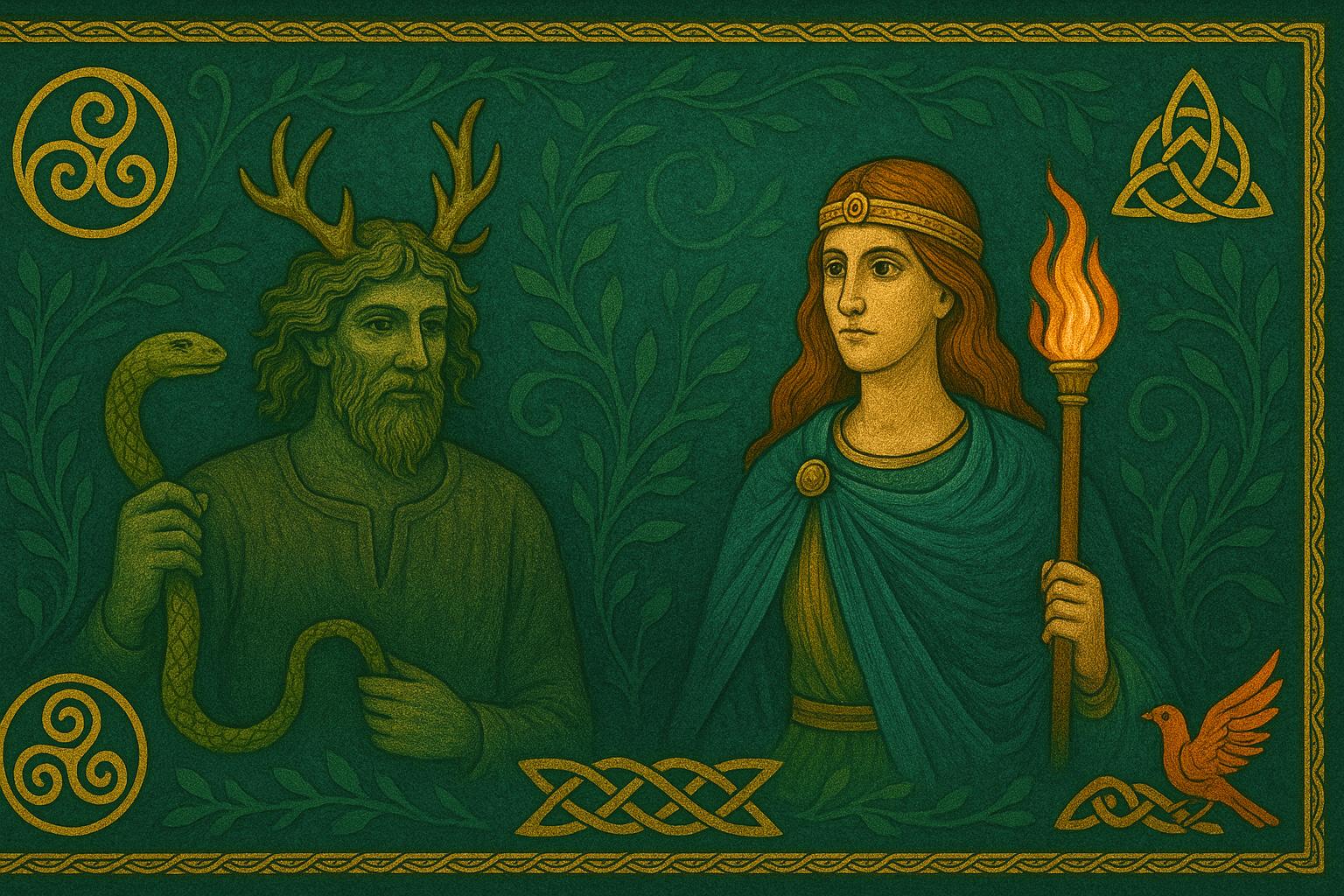
We’ll delve into the most instructive and inspirational Irish and Welsh myths and their key actors, motifs and themes, and in the process we’ll examine the role of women, animals, kings and heroes, the land and the environment –and, most important of all, the pervasive influence of the Otherworld. We’ll consider the influence that the arrival of Christianity had on Celtic mythology, the relationship between the bards and the monks, and the ways in which the pagan and Christian religions intersected. In exploring the fundamental belief systems which underlie key threads of the Celtic tradition, we’ll also challenge some contemporary assumptions about what the Grail represents
February 11 - September 9 , 2026 th th
Number of Classes: 8 live Classes, 8 Prerecorded presentations
Class Time: Wednesdays from 8:00 – 9:30
AM PT. All Sessions are Pacific Time
CECs: 8

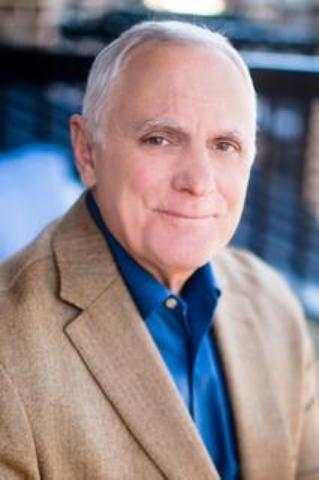
“Seldom or never does a marriage develop into an individual relationship smoothly and without crises. There is no birth of consciousness without pain.”
—C. G. Jung
January 10th - February 28th, 2026 (Saturdays)

Therapists and analysts, regardless of their training and orientation, continually seek generative ways to address the intense and often long-standing strife endemic to couples therapy They know that working with couples places tremendous demands on their knowledge, their skill, and their own complicated feelings about the mysteries of relationship.
Jungian Couples Therapy is an 8-week course that offers participants fresh ways of thinking about what happens in the consulting room The course re-imagines the room as a temenos guiding partners toward psychological wholeness, or what Jung termed the Self. The course ’ s central premise emotionally-committed relationships are difficult, profound, meaningful, and full of soul means that couples who bravely begin therapy and the therapists who guide them are working on behalf of soul regardless of the outcome.

This unique course teaches key concepts in Jung’s psychology as it applies to therapeutic work, offering participants more nuanced ways of working with the complex energies that arise between suffering partners Through recorded lectures, written course materials, and live webinars with the instructors, participants will reimagine the couple’s plight as well as their personal experience of relationship as an unfolding creative process and a mystery to be lived.
Jan. 10th - Feb. 28th, 2026
Number of Classes: 4 live Classes, 8 Prerecorded presentations
Class Length: 2 hours
Class Time: Saturdays from 9:00 – 11:00
AM PT. All Sessions are Pacific Time
CECs: 8

Pacifica Extension’s Microcredentials are 4week hybrid learning experiences that combine recorded content you can complete anytime with live online sessions guided by Pacifica faculty and a community of fellow learners.
Designed for busy professionals and lifelong learners, each course offers a direct, flexible pathway to apply depth psychology in realworld contexts from leadership and education to creativity and care work, through Pacifica Extension.
Earn three PGI Microcredential Badges and receive a 25% tuition discount toward any Graduate Certificate of your choice
Learn on Your Time
Access recorded modules each week featuring Pacifica faculty & depth scholars
Engage in Live Sessions
Upon completion, you’ll receive a digital badge you can display on LinkedIn, your CV, or professional portfolio.



“ I can't think of a way to improve upon this program. My overall impression is that the material and instructor were perfectly matched. The presentation of ideas was fresh, engaging and deep. I felt that the material was academically stimulating and also personally inspiring.”
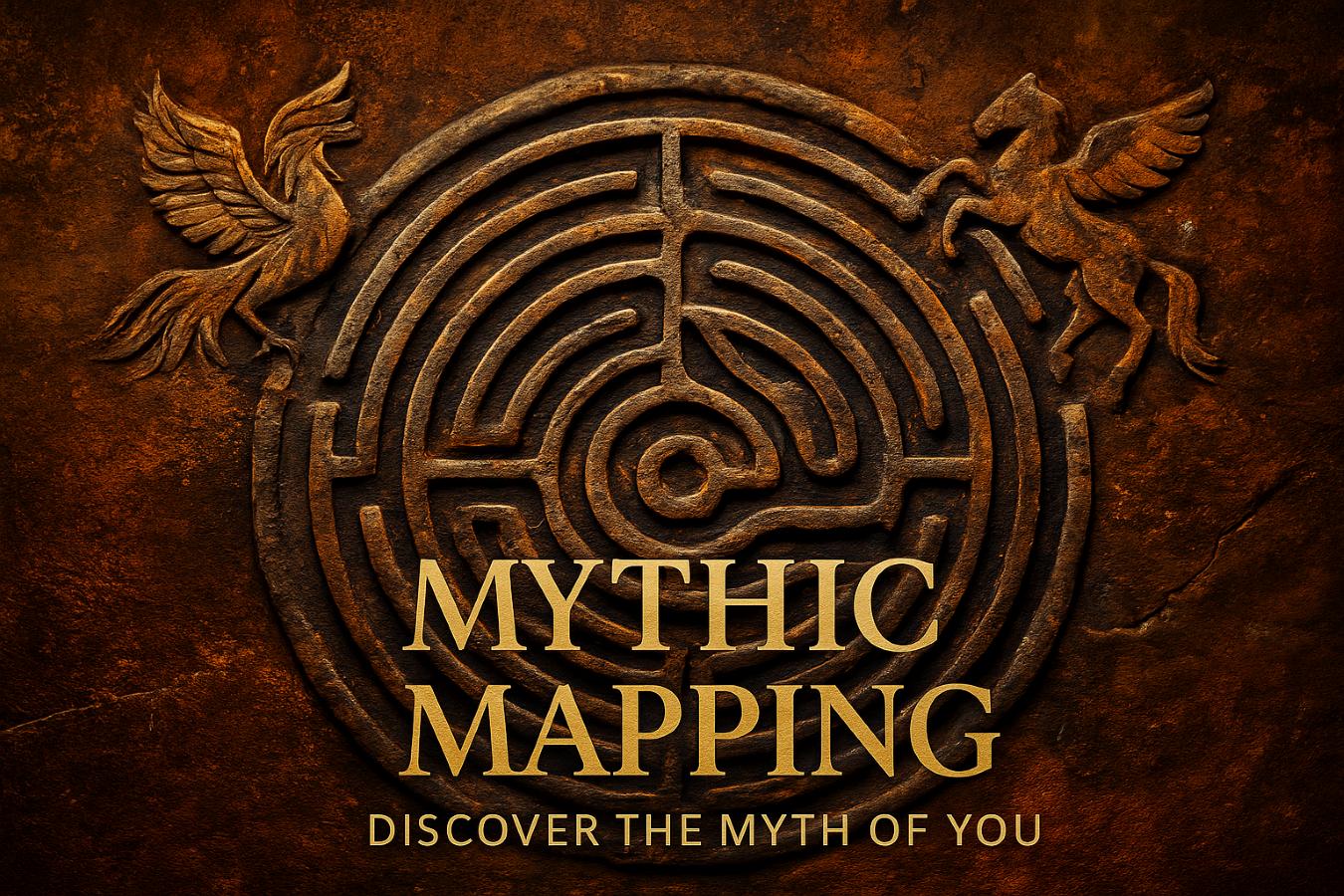

Based on Dr. Hancock’s groundbreaking dissertation, Mythic Mapping: Discover the Myth of You, Microcredential invites participants into an immersive, creative exploration of Jungian archetypes and the mythic patterns shaping the Self. This four-part live experience combines depth psychology, art therapy, active imagination, and personal mythology to help participants map their internal landscape and craft a living dialogue with the psyche.
Through guided discussion and hands-on creative exercises, participants will design their own Mythic Map, identify core archetypes, and begin a journey toward individuation through the art of storytelling and personalized myth-making
Each live session weaves together 45 minutes of teaching and 45 minutes of experiential engagement, balancing conceptual depth with embodied practice. Whether you ’ re new to Jung or seasoned in depth work, this course offers a tangible, art-based framework for psychological insight, personal transformation, and professional application
A dedicated purchase page for the Mythic Mapping Workbook will be available on revpameladawn.com.



February 5 - 26, 2026
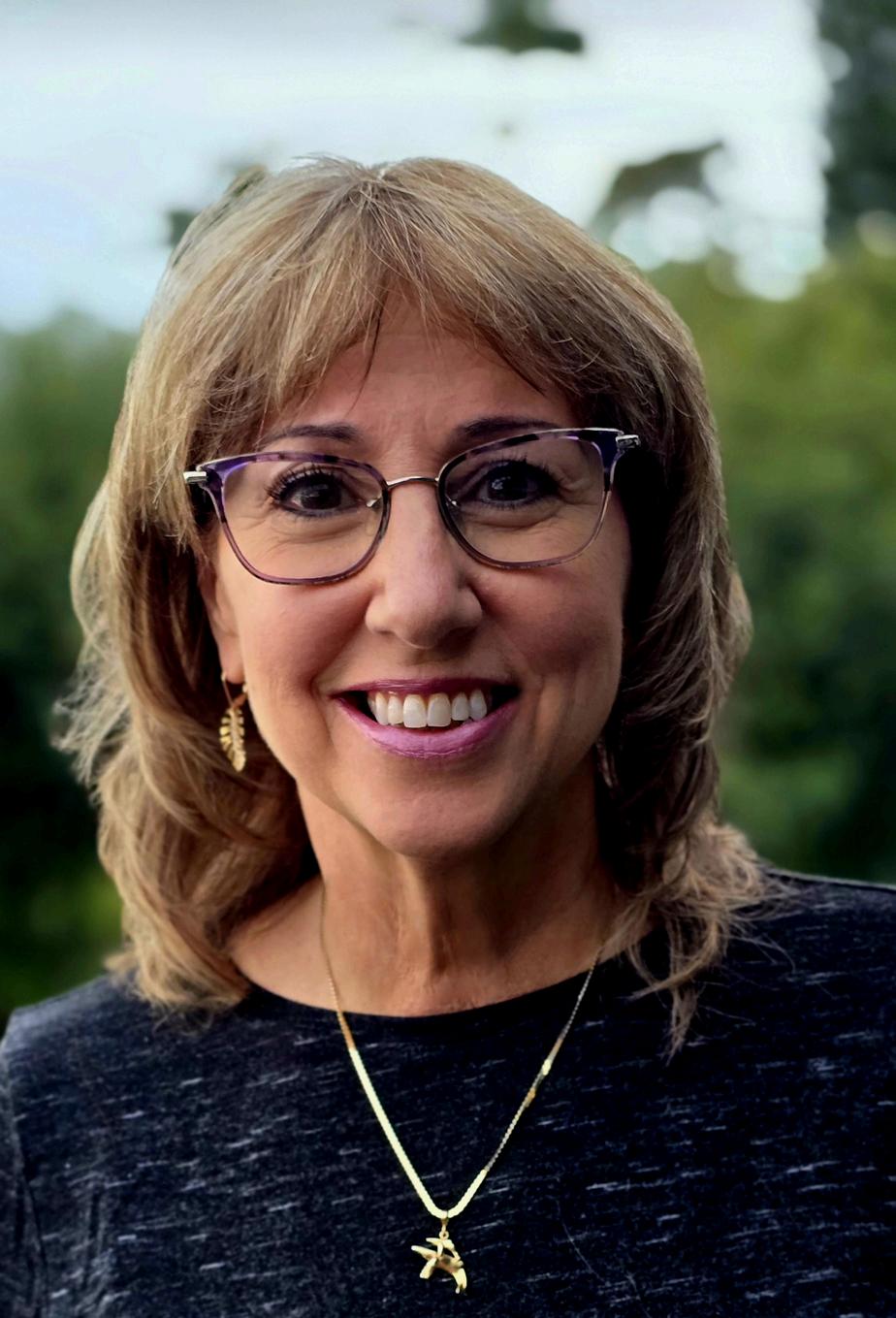
Lorraine Freedle, LCSW, PhD, ABPdN, ABSNP, CST-T


People who have experienced deep emotional pain, trauma, or loss often struggle to express themselves through words Jungian Sandplay Therapy offers a safe and effective way for children and adults to give form to the unspeakable. Rooted in Carl Jung’s understanding that images, symbols, and play provide direct access to the unconscious, sandplay creates a “free and protected” space that activates the psyche’s natural capacity for healing and transformation
This experiential workshop introduces therapists to the foundational skills of Jungian Sandplay Therapy. Participants will learn practical steps for introducing sandplay to clients, conducting sessions, responding to symbolic expression, and developing a miniature collection for diverse clinical settings Through guided activities, video demonstrations, and visual case studies, therapists will distinguish sandplay from other play therapy methods and explore how sand, symbols, play, and the therapist’s presence work together to bring forth psychological growth and well-being The course will also address real-world concerns including multicultural applications, the evidence base for sandplay, documentation, and ethical considerations for integrating Jungian Sandplay Therapy into clinical practice
February 5th - February 26th, 2026 Details
Rates: $395 General Rate
$335.75 Alumni Rate
$316 Lifelong Learner Membership Rate
$237 PGI Extension Student Rate
$30 Continuing Education Credits (6 CEC hours)
*Earn 6 Sandplay Credits



“The course exceeded my expectations! I enrolled for professional reasons initially, but then realised how much it supported my own development on a personal level.”




December 4 & 11, 2025
I. Murphy Lewis is the author of Across the Divide to the Divine: An African Initiation (2024) and Why Ostriches Don’t Fly and Other Tales from the African Bush (1997). After her initiation with the Maasai Warriors in Kenya, Lewis left her executive position with the Fashion House, Badgley Mischka, to complete a Masters and PhD in Mythology with an Emphasis of Depth Psychology and Culture at Pacifica Graduate Institute.
To Audre Lorde the “erotic” within that personal well-spring has often been suppressed by those in authority. Some of us are “othered,” BIPOC, LBGTQ+, told “who we are is not enough,” and therefore, find ourselves unable to draw upon “the power of our unexpressed or unrecognized feelings.” Describing this life force, this passion, C.G. Jung utilized the word, libido chi, qi, prana, or manna which included sexual desires as well as the instinctual trajectories of creative, intellectual and spiritual growth How does one tap into this inner strength, discover a passionate lifework?
From the beginning, out of a deep need to draw upon this source, Lewis wrote short stories at seven, journaling at thirteen 28,000 pages until now, published a young adult book, the dissertation at Pacifica Graduate Institute, and finally, a memoir
Traveling to Africa, she discovered that the symbolism of the Kalahari San Bush-men-and-women’s Promethean myth, “Why Ostriches Don’t Fly” embodied her own, igniting the need to shake herself free Causing her to ask the following questions: How can I write my way into and through it? In the womb of PGI she found the words to express the impact of her childhood wound, the San peoples’ tales and the initiation with the Maasai Warriors of Kenya
In this talk, Dr I Murphy Lewis will conjecture that the “act” of writing, as well as the use of imagery in dreams and tales from elsewhere, can help access this “erotic” power, breaking through the cultural blocks, divisions, the fractures of trauma, cracking the code to the myths we feel trapped in, into agency
We will explore “the othering,” the critical voice that exists within and outside ourselves and often comes to us from our associations with familial, educational, social and political structures infiltrating the quotidian How do we face this critic? Become aware of its power over us? Where can we create safe places for accessing the “erotic” within? To individuate into our true and authentic selves in spite of all that is happening around us?




Author Spotlights Author Spotlights

& PGI Faculty/Degree
Complimentary Sessions

“ Best course I’ve done in many years, really well covered topics, wonderfully explained.”


December 2, 2025, 12-1pm PT
This examination and amplification of K’iche’ Maya creation mythology from Mesoamerica fills a gap in Jungian literature by illustrating the contributions to the collective psyche of an important indigenous American culture with which readers may not be familiar. Furlotti’s work offers an interesting juxtaposition with the prevailing Western scientific rationalistic views that have typified psychological inquiry for the past two and a half centuries.
Contrasting with the mostly linear orientation of Western scientific and literary traditions, Maya mythology and culture are typified by a cyclical view of time, creation, and experience coupled with an understanding of humanity as in community with rather than hierarchically superior to the natural world Turning to Popol Vuh, or “Dawn of Life,” the Maya creation myth that details the repeated creation and destruction of the world, Jungian analyst and scholar Furlotti seeks “to extract the psychological meaning of the myth that may be pertinent to both the collective understanding of myth as well as the individuals’ process of what Jung described as individuation.”
Noting how a culture’s myths move hand in hand with its development, Furlotti forges connections with ancient wisdom to reconnect with the foundational metaphors that guide all human experience. The Splendor of the Maya brings fresh perspectives to the collective, often unconscious associations that link the human psyche across time and culture.
“Explore the collective unconscious from a different angle and perspective than we have seen in the European, Slavic, Celtic, Asian, African, and Middle Eastern cultures.” - Ed. Michael Escamilla



December 2, 2025
Time: 12-1pm PT
Rate: Free Details
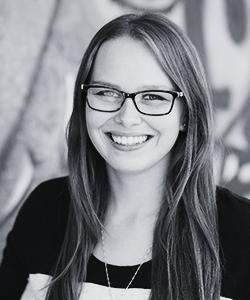
Caroline Coffman is the Program Administrator for Pacifica Extension and International Studies. Caroline graduated from UC Santa Barbara in 2015 with Bachelor of Arts degrees in Psychology and Communication, and has a professional background in marketing, sales coordination, event/logistics planning, and program administration She joined Pacifica Graduate Institute in 2019, and has expanded her role and responsibilities throughout the years In her free time, Caroline enjoys being in nature, cooking, and creating acrylic pour paintings. She is passionate about bringing people together and helping to facilitate meaningful experiences.

Carolyn Vega, MA, is Associate Director of Online Learning and Events Management of Pacifica Extension and International Studies. She combines her scholarship as a Pacifica Humanities alumna, experience with diverse communities, and creative spirit to foster engaging and inclusive learning environments Carolyn is a first generation Mexican-American, and has worked with a wide range of individuals, including transgendered students, elders, and homeless children She is dedicated to empowering individuals along their journeys of self-discovery. She brings over a decade of live theater event production and management experience from Stanford University. Her work is informed by an appreciation for the power of storytelling, and the transformative potential of the arts. As an artist, she creates a visual language to explore the depths of the psyche.

Loralee M. Scott, MFA, is Vice President of Institutional Advancement and Lifelong Learning As an entrepreneurial leader, she brings a proven track record of successful organizational leadership as well as post-graduate, depth psychologically informed curriculum design, development and delivery Loralee holds an MFA degree in inter-disciplinary studies focused on somatic depth psychology and cultural transformation. Her work as an award-winning choreographer is featured in Grief and the Expressive Arts published by Routledge and was responsible for the creation and passage of antitrafficking legislation A respected thought leader, she has contributed to Jungian academic journals and lectured internationally in several countries Loralee’s blend of strategic vision and hands-on experience equip her to effectively guide initiatives that bridge academic excellence with real-world impact. Her leadership exemplifies a commitment to lifelong learning and the transformative potential of depth psychology in today’s complex global landscape.



